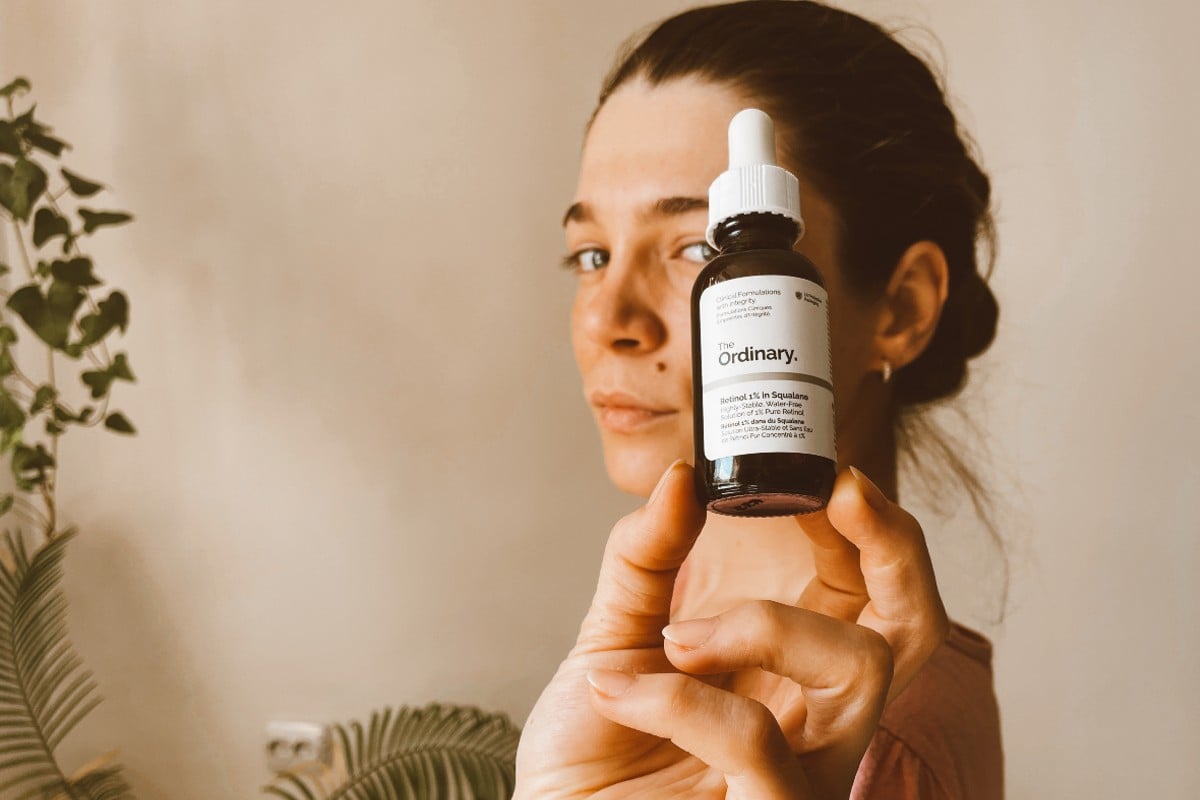Table of Contents
Though most of us have grown up learning the golden rule of brushing and flossing twice a day, the use of mouthwash in one’s daily oral-care routine is something that has grown immensely in popularity and common parlance over the years. Recently, however, many have started to question the effectiveness of mouthwash in their daily routines after one woman made headlines for going public about how her dentist told her that mouthwash is a “scam”.
The specific patient’s doctor recommended that she switch to a fluoride rinse as mouthwash rids the mouth of healthy fluoride. The popularity of the story sent many into a frenzy over whether or not they should drop mouthwash entirely. To ease your (and our own) confusion around the topic, we consulted some of our most trusted dentists to get the inside scoop on what rinses we should or should not be incorporating into our oral-health routine.
When I brought up this controversial topic to our doctors, they were all well aware of the debate. “The use of mouthwash is, in fact, part of the recommended oral hygiene home-care protocol, however, which mouthwash you should use—fluoride rinse or traditional mouthwash—is based on a persons individual needs,” says New York cosmetic dentist Timothy Chase, DMD. “Age, water supply, caries index, gum health, dental history, medications, diet and oral habits all play a roll in the selection of mouthwash,” he explains. “For young patients, a fluoride rinse may be recommended especially if their water supply lacks added fluoride, while most adult patients would benefit from using non-alcohol based mouthwash daily. Elderly patients or patients on medications, on the other hand, may need artificial saliva mouthwash or fluoride rinses to help protect the teeth from decreased natural defenses due to dry mouth.”
Atlanta cosmetic dentist Ronald E. Goldstein, DDS, echos the opinions of Dr. Chase, explaining that he too believes that different mouthwashes can serve different but equally important purposes based on the patient’s desires and their dentist’s recommendations. “If the patient wants a mouthwash to help his or her breath smell pleasantly,” he begins, “then there are a number of long-lasting breath-control mouthwashes that can help freshen breath up to 12 or more hours.” He continues on to explain how “over the years mouthwashes have become quite useful in preventing cavities and aiding in gingivitis treatment, as some antibacterial mouthwashes can kill up to 99% of germs on contact while also reducing gum bleeding, preventing plaque build up and even strengthening enamel.”
With all this evidence on the effectiveness of mouthwash, it may be hard to understand how one could deem mouthwash a scam, but Los Altos, CA cosmetic dentist Joseph Field, DDS explains that aside from the “evident shock value” the viral patient was likely going for in the description of her experience hearing from her dentist, what really determines the effectiveness of your mouthwash and whether or not you’re being “scammed” by it is the way you use.
“It is 100-percent true that mouthwash can rid the mouth of healthy fluoride,” he begins, “but what really matters is the order of operations in your oral-care routine.” Dr. Field explains how toothpaste has a higher fluoride concentration than the average mouthwash, so it is true that rinsing with mouthwash after brushing can reverse some of the effects of the toothpaste and rid the mouth of some of the necessary, healthy fluoride. But, the same could be true with water. Rinsing with water after brushing which also has a lower fluoride concentration than toothpaste would also lessen the amount of fluoride in the mouth, so the issue lies not within the mouthwash as a product, but in the order in which one uses it. “What I recommend to my patients and what I do myself,” he reveals, “is rinse with mouthwash first to break up larger particles and built up plaque, and then brush with toothpaste and floss last since flossing helps to massage the fluoride from the toothpaste into the gums.”
If we’ve learned anything from years of doom-scrolling on the internet, it’s that we shouldn’t always believe everything we see. Though many of us were likely shocked to hear that mouthwash could be a “scam,” it is safe to say that the mouth rinses you’re using in your oral-care routine are not bogus, but rather they might be serving a different purpose than you originally thought. Rest assured, there’s no need to dump your mouth wash down the drain, it just may be time to switch up your routine in order to best serve your oral health. And when in doubt, all of our dentists agree: It’s always best to consult your dental hygienist for what rinse is best for you.
Find a Doctor
Find a NewBeauty “Top Beauty Doctor” Near you







